
IBD Models: Proven Pathways to Research Success
Calling all preclinical IBD researchers!
In this webinar, Dr. Jim Wilson explores Epistem's IBD models: DSS-Induced Acute and Chronic Colitis, and Adoptive T-Cell Transfer-Mediated Colitis. Benefit from Epistem’s 20 years of experience running models of Inflammatory Bowel Disease to inform your drug development decisions.
Date: January 25th 2024 Time: 1pm - 2pm GMT
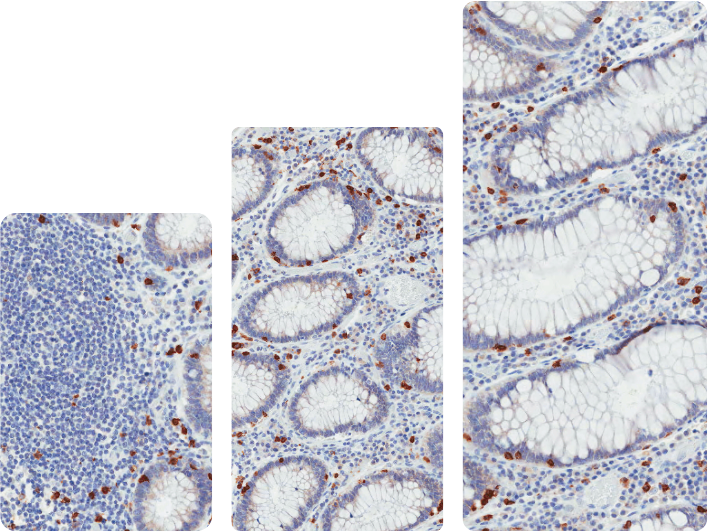
Inflammatory Bowel Disease
Well Established Models with Clinically Relevant Endpoints
Epistem’s preclinical models replicate aspects of IBD in humans and can be used to generate target validation and mechanism of action data to confirm the efficacy of novel therapeutic agents.
Our IBD team has years of experience and regularly runs these models for clients in biotechnology, pharmaceutical companies, and academic laboratories.
Let us help with your IBD research needs.
IBD Models
DSS-Induced Acute and Chronic Colitis
Administration of DSS can be used to induce acute and chronic colitis, driven initially by innate immune mechanisms with a subsequent adaptive immune response.
The disease is characterised by a Th1/Th9/Th17 type cytokine profile and has the advantage over some models of being run on an immunocompetent background. The disease presents with some similarities to Ulcerative Colitis and is responsive to Cyclosporin A, but like Crohn’s disease, lesions are often discontinuous.
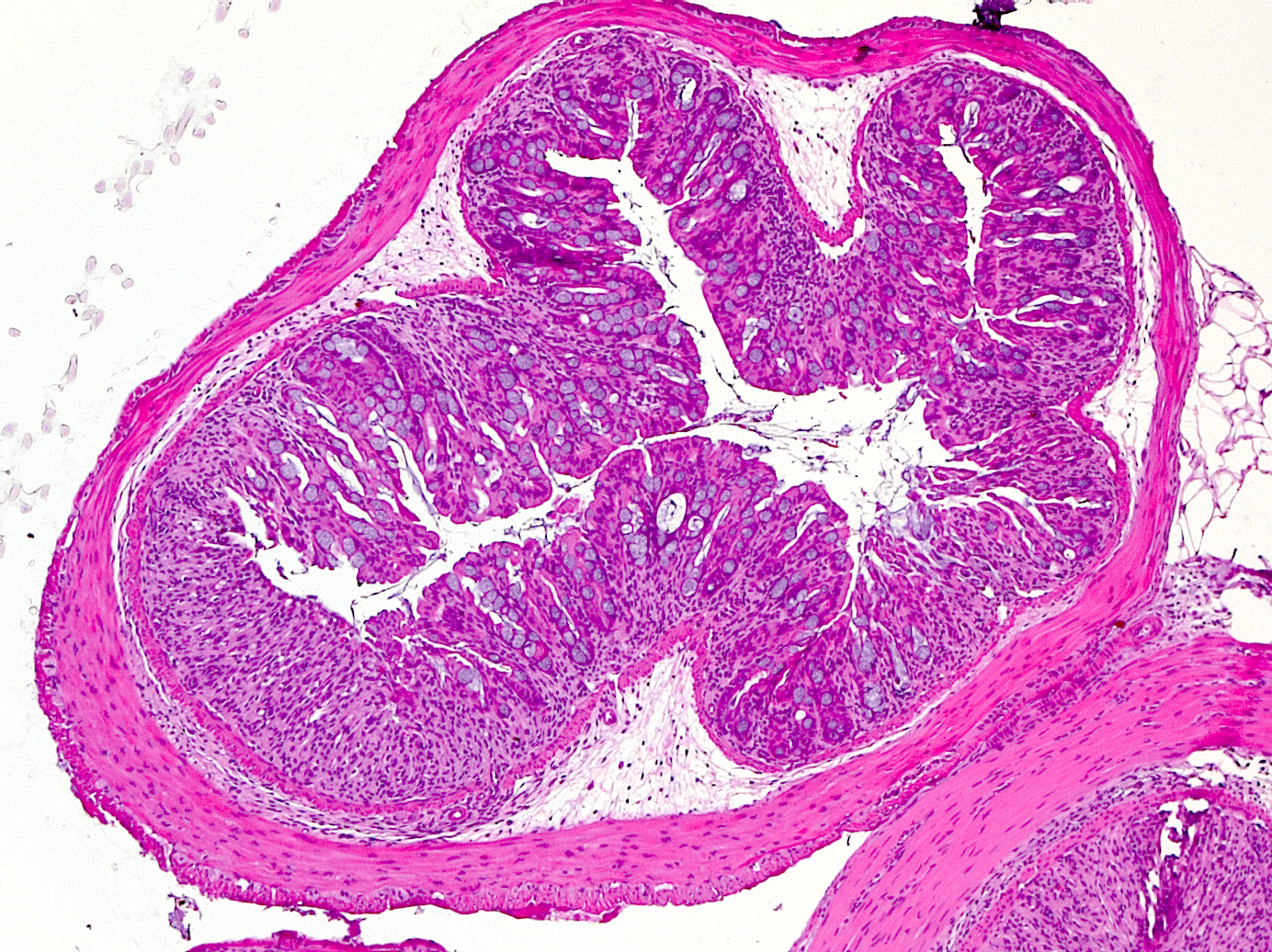
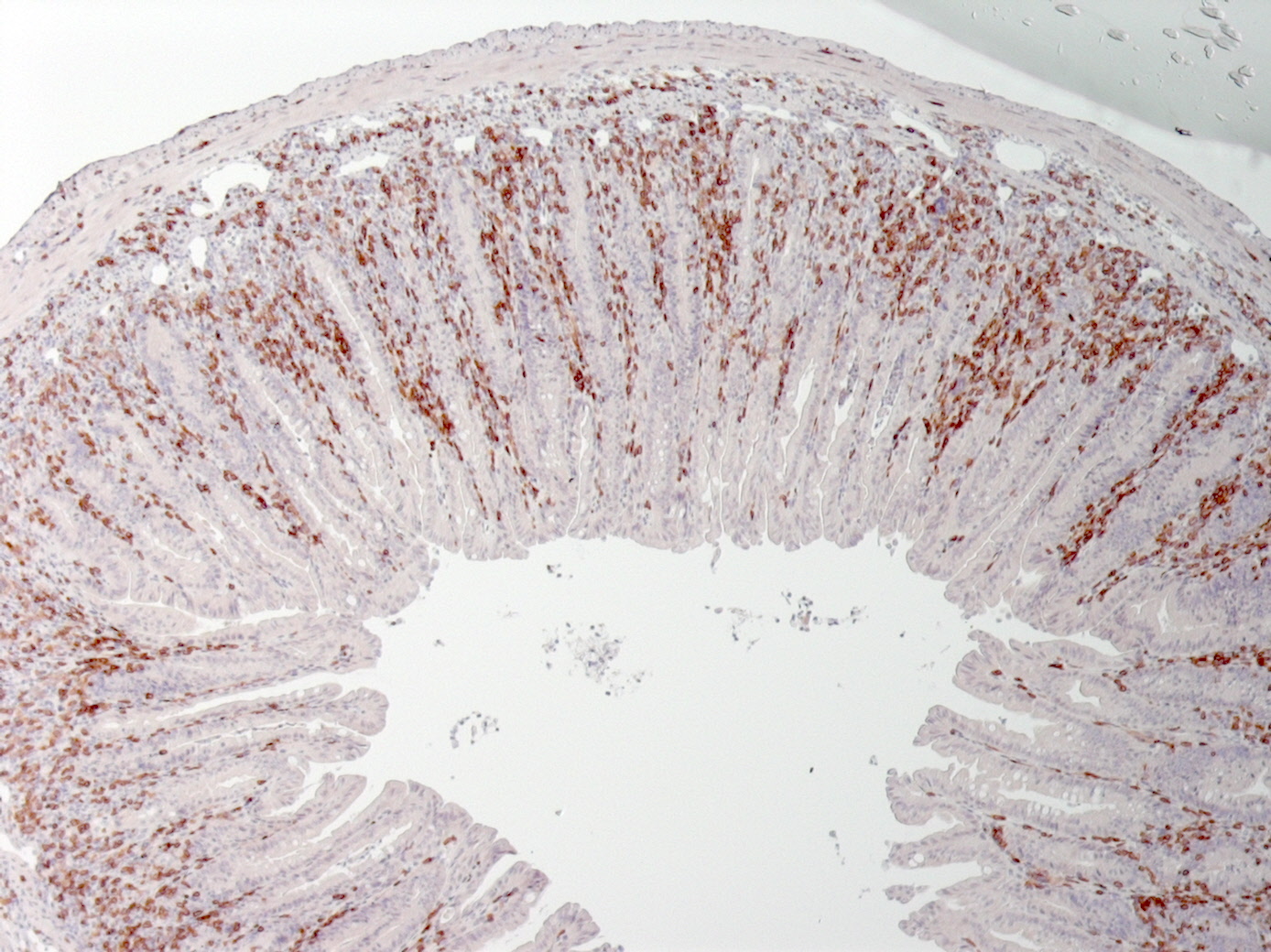
Adoptive T-cell Transfer Mediated Colitis
T cell transfer-mediated colitis is based on the adoptive transfer of naïve T cells from an immunocompetent donor to an
immunocompromised host. The development of colitis is specifically dependent on an unregulated immune response by
the donor T cells to host microbiome-derived antigens.
The model has a Th1/Th17 type cytokine profile and is responsive to
a broad range of therapeutics of different classes. It is widely regarded as a good model of Crohn’s disease.
IL-10 Knockout Model of Chronic Colitis
Deletion of the anti-inflammatory cytokine IL-10 leads to the development of spontaneous colitis that shows increasing frequency with age. The model highlights the importance of IL-10 in regulating mucosal immunity.
Disease presentation and a Th1/Th17 cytokine profile are similar to those observed in T cell transfer-mediated colitis; this model also responds to a similar range of therapeutics. The time course of disease in the model are suitable to assessing extended dosing regimens of new test items.
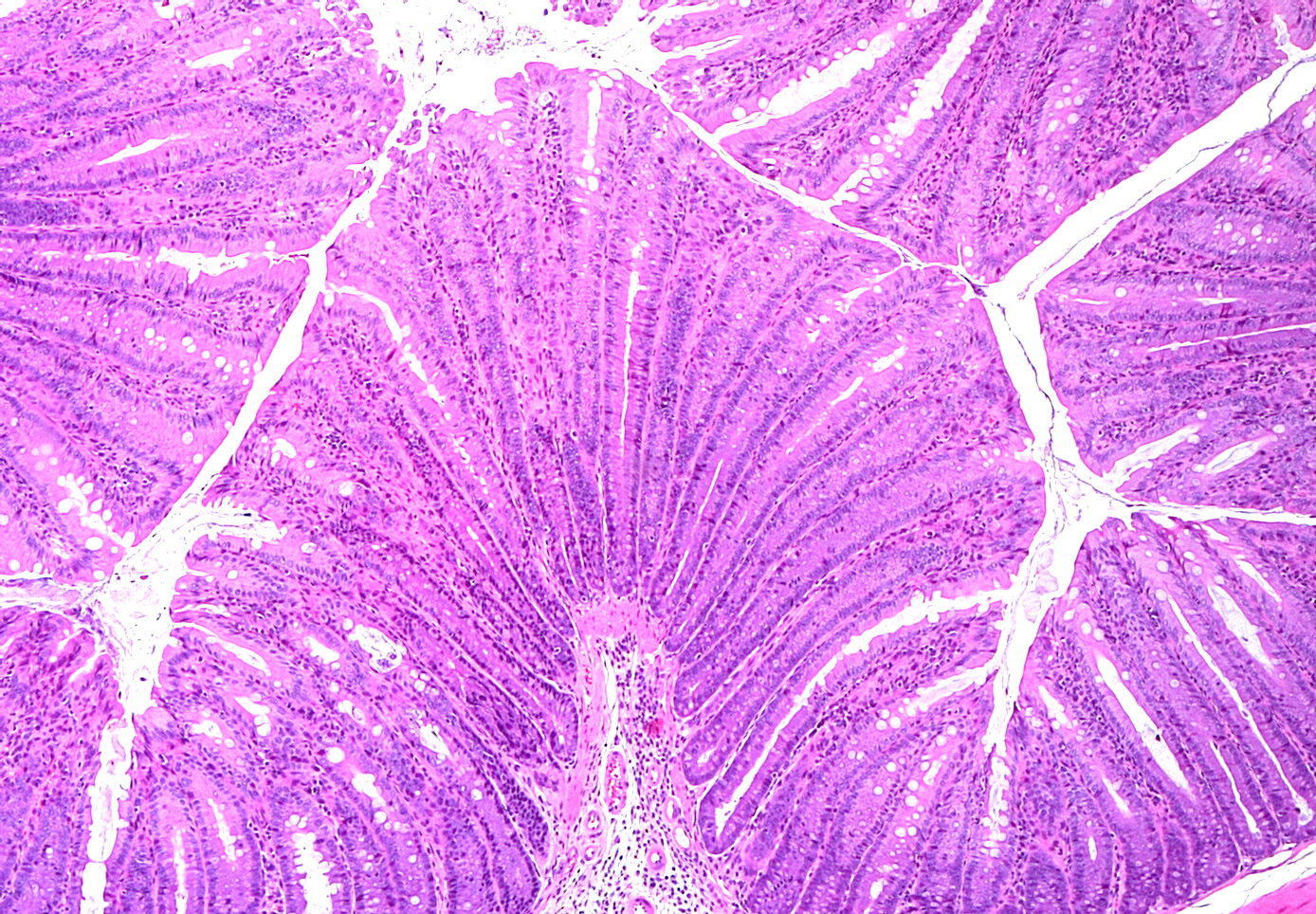
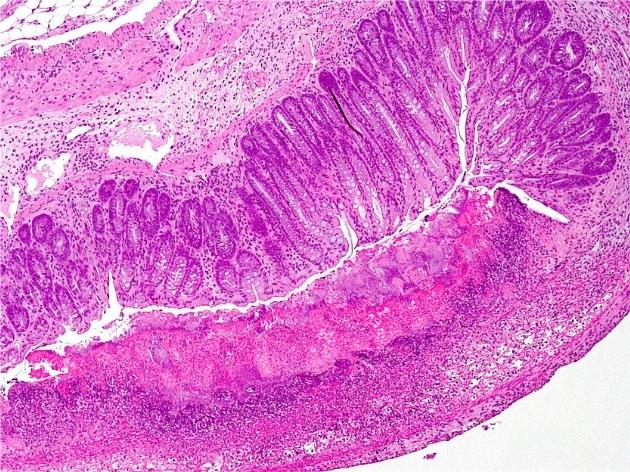
Bespoke Colitis Models
Epistem has extensive experience delivering other IBD models with requirements to deliver specific data, within the framework of ASPA policy and NC3Rs guidance.
Examples include:
- TNBS-mediated model of acute colitis
- CD8(+)CD62L(+) T-cell transfer-mediated colitis
© 2016, 2023 Epistem Ltd. Privacy policy | Terms of use
